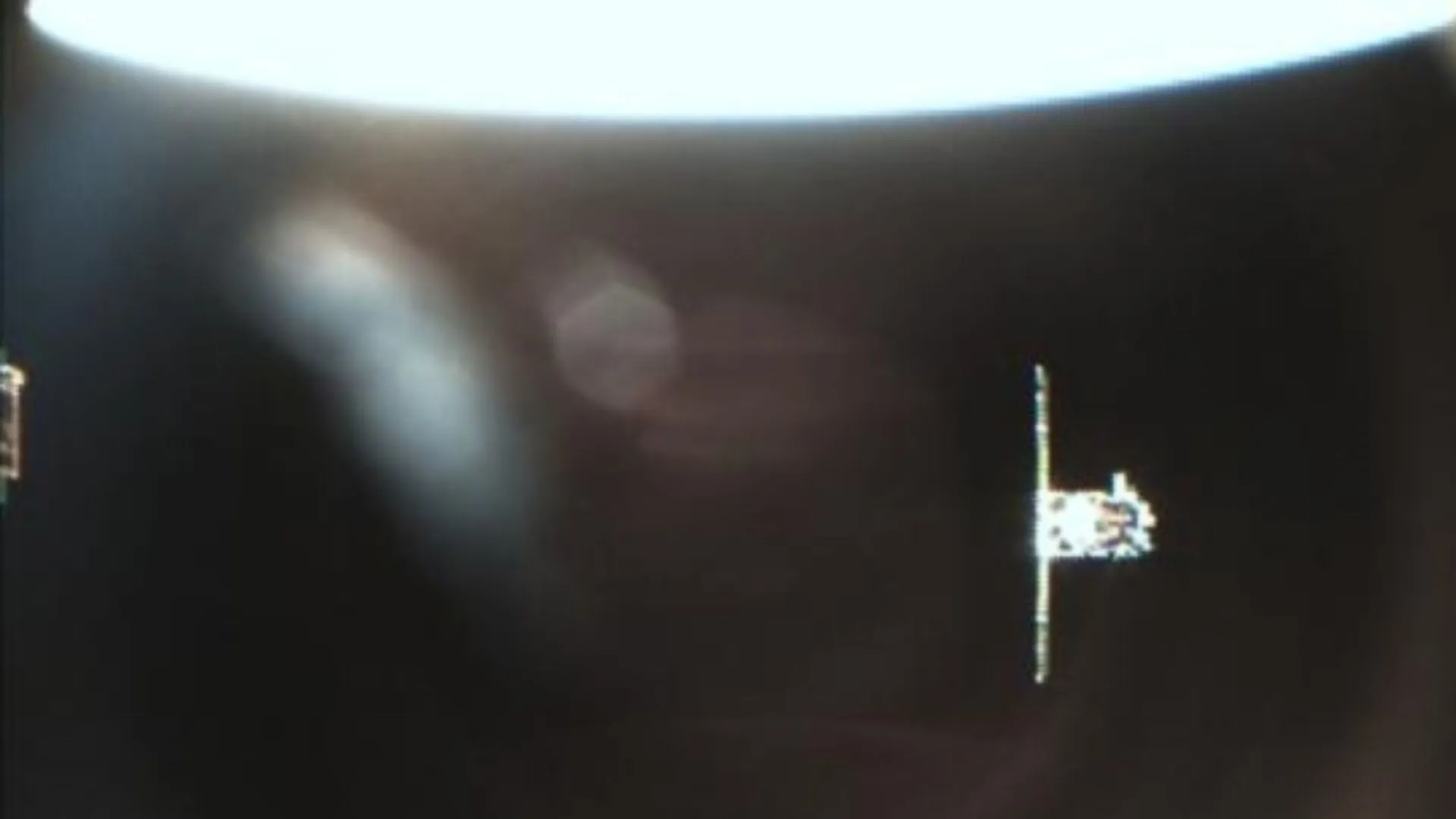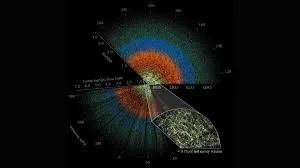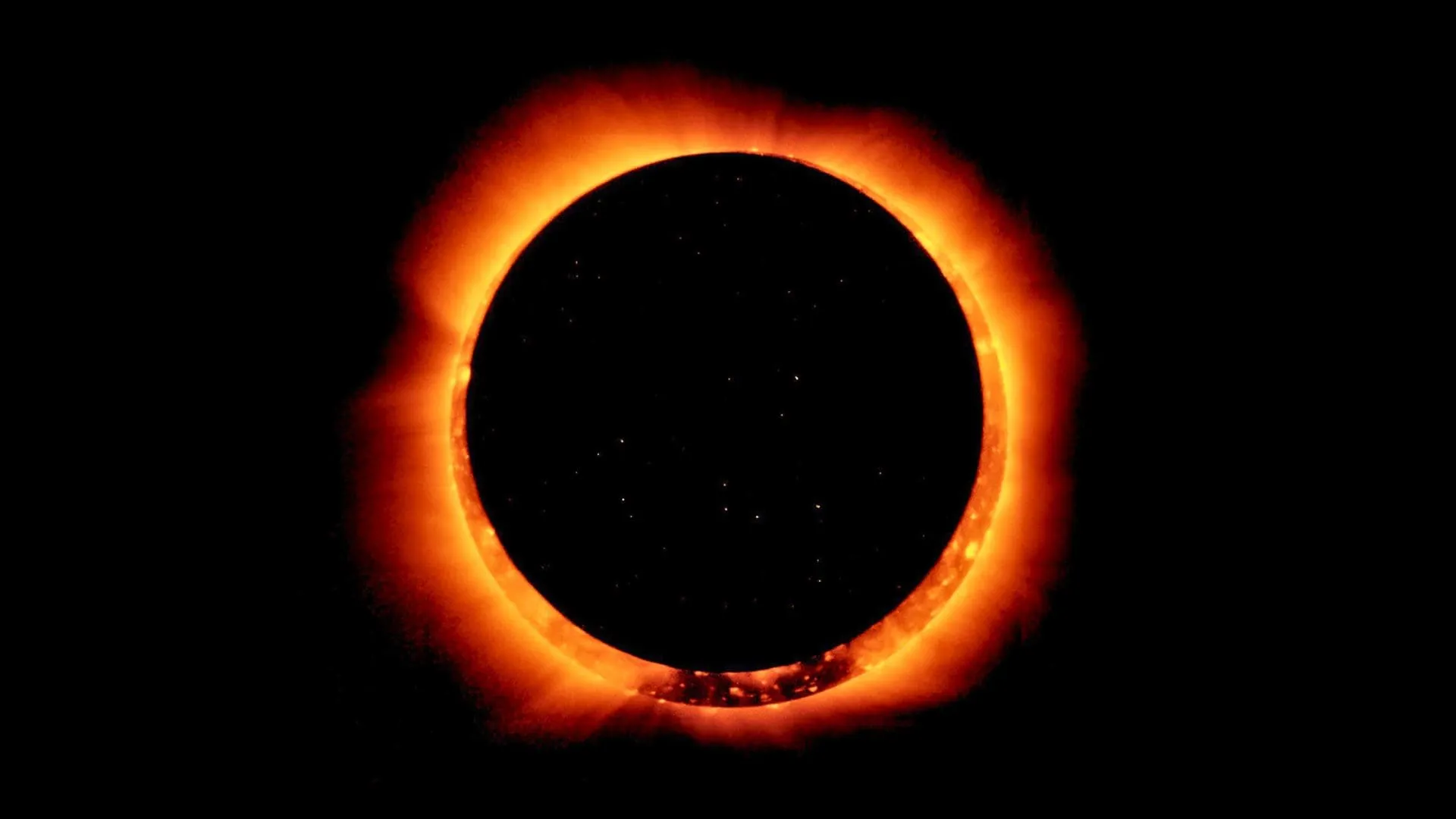ISRO’s highly anticipated Space Docking Experiment (SpaDeX) is moving closer to success. On Sunday, the Indian Space Research Organisation confirmed it had conducted a successful trial. The test aimed to move the two satellites, SDX01 (Chaser) and SDX02 (Target), from 15 meters to just 3 meters apart.
Successful Trial and Next Steps
ISRO stated that the trial was successful in reducing the distance between the satellites. The spacecrafts were then moved back to a safe distance. The docking process will happen after analyzing the collected data.
SpaDeX Docking Update:
SpaDeX satellites holding position at 15m, capturing stunning photos and videos of each other! 🛰️🛰️
#SPADEX #ISRO pic.twitter.com/RICiEVP6qB
— ISRO (@isro) January 12, 2025
Exciting Handshake Nearing
On Saturday, ISRO shared updates on the mission. They revealed that the two satellites were just 15 meters apart, getting closer for an “exciting handshake.” ISRO posted, “At 15 meters, we see each other clearer and clearer, we are just 50 feet away for an exciting handshake.”
Photos and Videos Released
By Sunday morning, ISRO shared stunning photos and videos. These showed the SpaDeX satellites holding their positions at a distance of 15 meters.
Mission Delays and Postponements
The SpaDeX mission has faced delays. ISRO postponed it twice due to issues with the satellites’ drift. The first attempt, set for January 7, was delayed to January 9. ISRO explained that the drift was more than expected while attempting to reach 225 meters between the satellites.
Significance of SpaDeX Mission
The SpaDeX mission is vital for India’s future space exploration. It aims to demonstrate space docking with small spacecraft. A successful mission will make India the fourth country to master this technology. This achievement will be crucial for future missions like the Bharatiya Antariksh Station and moon landings.
Launch Details
The PSLV C60 rocket launched on December 30 from the Satish Dhawan Space Centre. The rocket placed the two 220-kilogram satellites into a 475-kilometer circular orbit.























